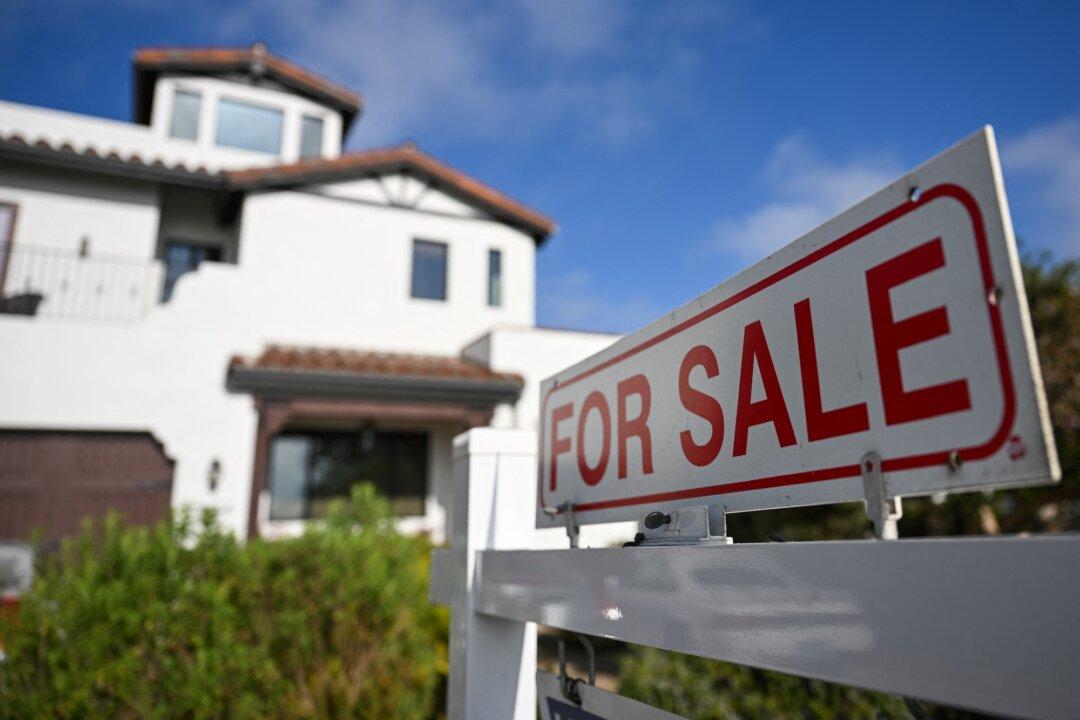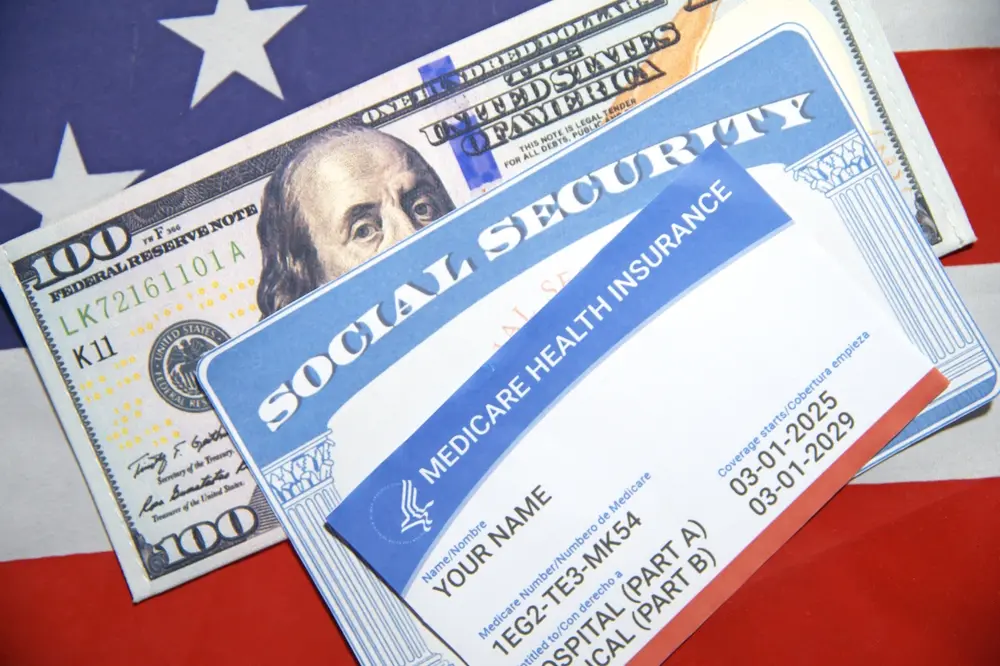Many people who want to buy a home have a problem coming up with the money for a down payment. This can be a significant barrier to homeownership. Even if they can afford the monthly mortgage, not having a down payment can prohibit purchasing the house.
But there is some respite for potential homebuyers. There are programs that can help with the down payment. The challenge is finding the ones that apply to the individual’s circumstances.






